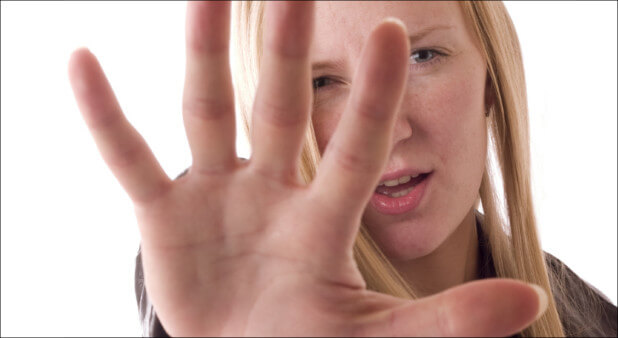I felt rejected by a friend recently. In reality, I don’t think they meant it to feel rejecting, but it felt rejecting to me, and it left me crying in my car. Then I started thinking in terms of this article on rejection and daddy issues, which I had already started writing.
It may seem weird to immediately start working through my problems by thinking in terms of a blog article, but that’s what my writing often is—lectures to myself. I knew to lecture to myself in that moment as I cried in my car. But what was the lecture? What should I preach to myself when I felt so hurt by rejection?
Rejection is painful no matter what. I’ve spent enough time struggling with rejection (sometimes real, sometimes perceived) to know the balm for the wound of rejection is identity and affirmation. What is my identity? And how does the affirmation it brings me equip me to face rejection head-on and not be destroyed by it?
This was a core issue I journaled through when studying Ephesians for By His Wounds You Are Healed. God spoke me into creation and gave me an identity in Him through Christ that endures through personal rejection. I can endure human rejection because God never rejects me. Nothing can separate me from His love.
I have not struggled to believe the love of my heavenly Father, probably because my earthly father’s love was consistent. He regularly affirmed me, and I know beyond a shadow of a doubt he is proud of his daughters. I also know that if I had a need, I could run to the open arms of both my parents in a moment, and they would be there for me. We all need affirmation and identity from a steady, reliable, trustworthy source. Husbands and boyfriends can do this at one level, but I think that most women long for a deeper source of affirmation—the affirmation of a father.
Let’s consider Beyoncé. She is a fascinating woman for multiple reasons. There is her obvious vocal and athletic talent. But I also find it noteworthy that Beyoncé got married and had her daughter in that order, especially since 67 percent of African-American children are raised in single-parent homes, compared to 25 percent for Caucasians.
But though she has many obvious talents, great fame, fortune and seemingly a sweet personality, Beyoncé still chooses to use her sexuality as a conduit for most of her “art.” I wonder, why does a woman with so much talent still rely so heavily on sex in her performances? She’s willingly laid her life bare of late in her HBO documentary, Life Is but a Dream. Her opening narration, the very first words of the documentary, explained it to me:
“I remember running as hard as I could, and my dad knew that I needed his approval, and I think my father wouldn’t give it to me because he kept pushing me and kept pushing me and kept pushing me. And every time my dad pushed me, I got better. And stronger. … I’m still trying to learn that I don’t have to push myself and be so hard on myself and be so critical.”














































